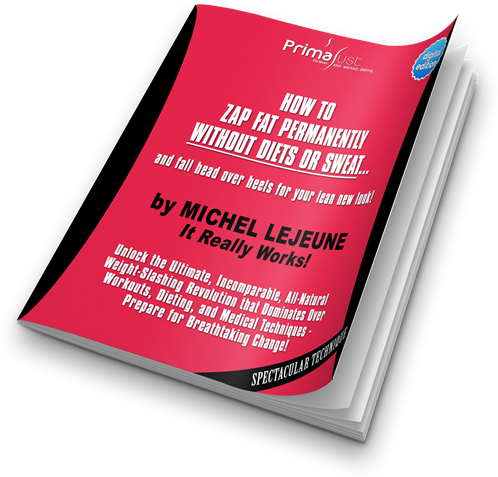In recent years, the vegan diet plan for weight loss has gained popularity as a healthy and ethical approach to shedding excess pounds. Advocates claim that eliminating animal products and focusing on plant-based foods can lead to sustainable weight loss. However, it’s crucial to delve deeper into the vegan diet plan and explore its potential shortcomings. In this blog post, we will examine the vegan diet plan for weight loss and uncover five eye-opening reasons that expose its limitations in effectively combating the overweight conundrum.
Understanding the Vegan Diet Plan for Weight Loss
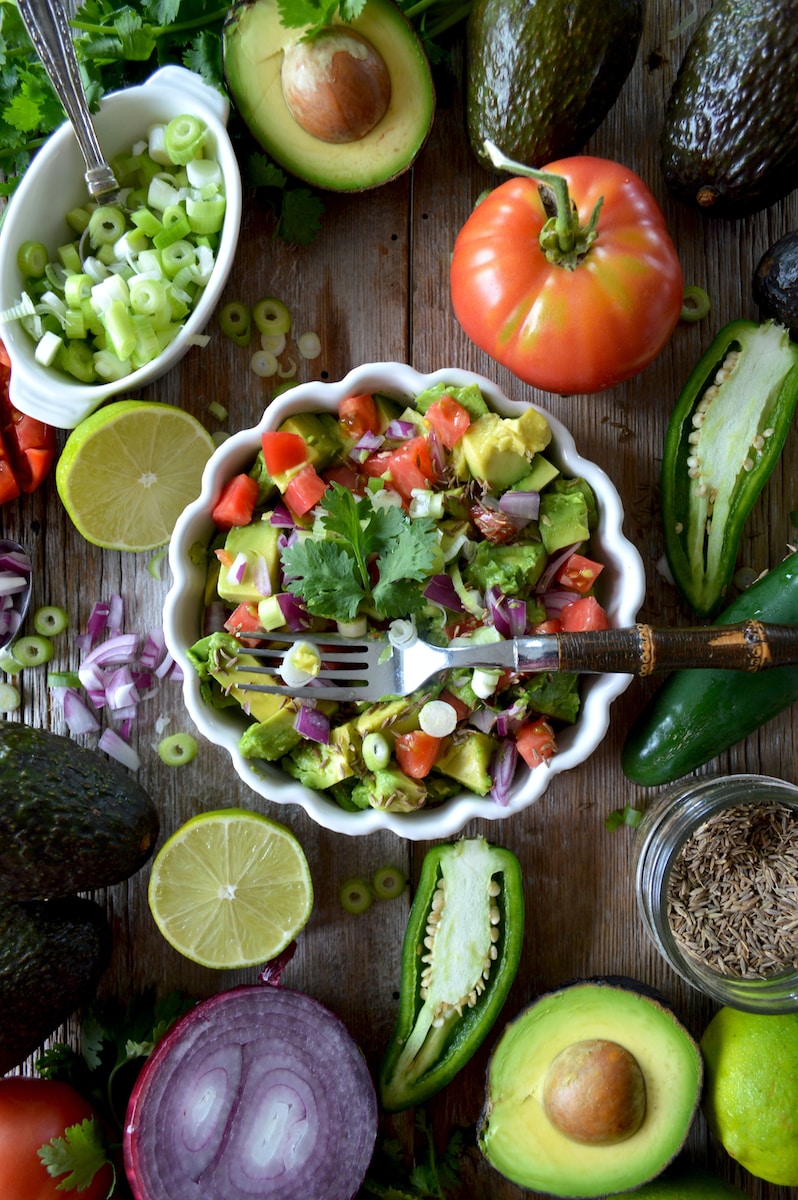 Before we dive into the shortcomings, let’s first understand the principles of the vegan diet plan for weight loss.
Before we dive into the shortcomings, let’s first understand the principles of the vegan diet plan for weight loss.
The vegan diet is a plant-based eating plan that excludes all animal products. It focuses on consuming fruits, vegetables, whole grains, legumes, nuts, and seeds while avoiding meat, poultry, fish, dairy, eggs, and honey.
For weight loss on a vegan diet, key components include consuming a variety of plant-based foods, maintaining a caloric deficit, balancing macronutrients, practicing portion control, and incorporating regular physical activity.
The vegan diet offers several benefits for weight loss. Plant-based foods tend to be lower in calories and higher in fiber, promoting satiety and reducing calorie intake.
Additionally, a well-planned vegan diet can provide essential nutrients and antioxidants, supporting overall health and weight management.
By eliminating or minimizing animal products, the diet is typically lower in saturated fat and cholesterol, benefiting cardiovascular health and reducing the risk of obesity-related diseases.
Some studies suggest that a vegan diet may improve insulin sensitivity, which can be advantageous for weight management and individuals with diabetes or insulin resistance.
Furthermore, adopting a vegan lifestyle contributes to environmental sustainability by reducing carbon footprint associated with animal agriculture.
Eye-Opening Reason 1: Potential Nutritional Deficiencies
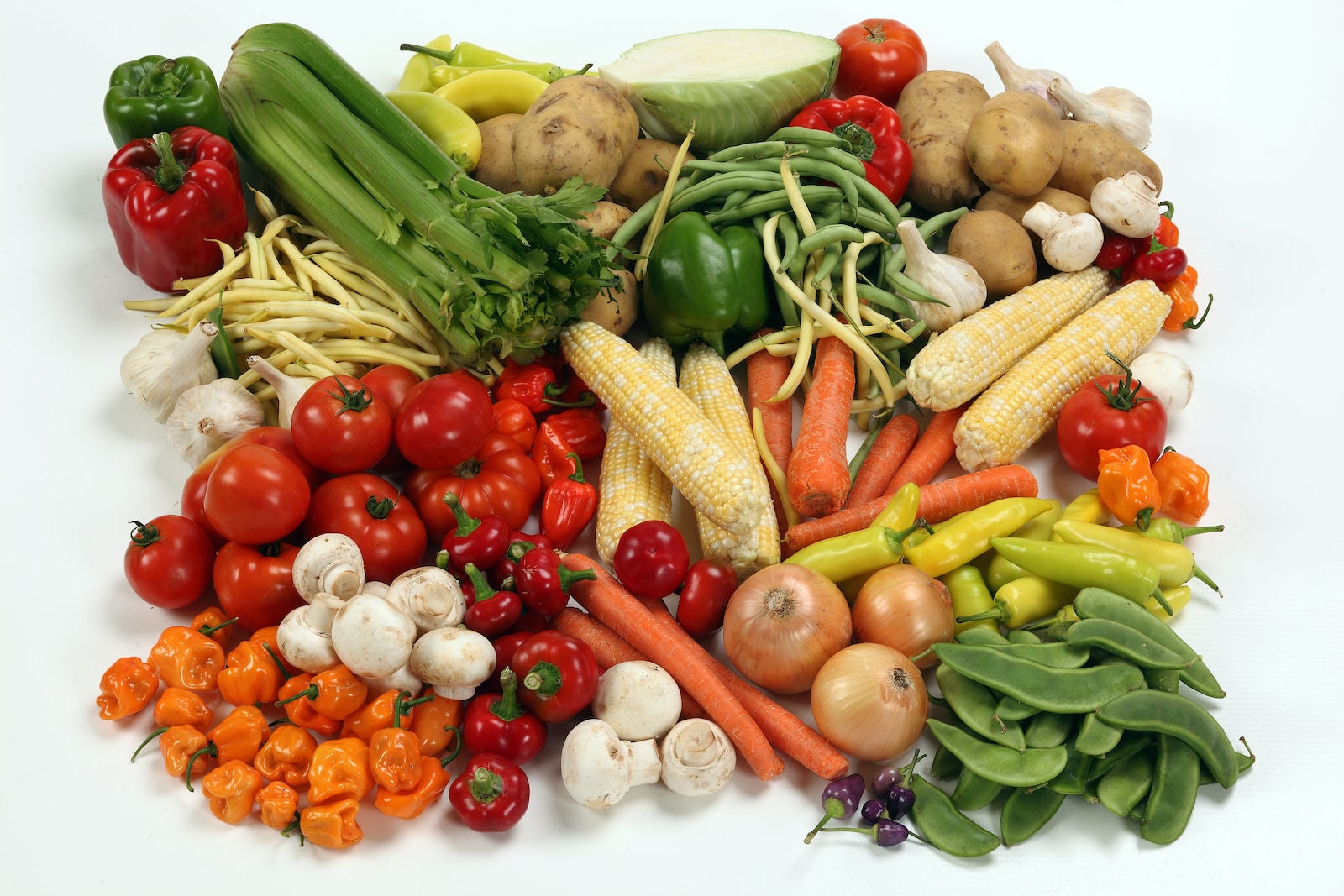 While the vegan diet plan for weight loss can be nutrient-rich, there is a risk of potential deficiencies. One of the key concerns is protein deficiency.
While the vegan diet plan for weight loss can be nutrient-rich, there is a risk of potential deficiencies. One of the key concerns is protein deficiency.
Plant-based proteins often lack certain essential amino acids found in animal-based sources, and obtaining adequate protein from plants alone can be challenging.
Furthermore, essential vitamins and minerals, such as vitamin B12, iron, calcium, and omega-3 fatty acids, are commonly lacking in plant-based diets.
To address these deficiencies, proper meal planning and diversification are essential.
Incorporating a variety of plant-based protein sources, such as legumes, tofu, tempeh, and quinoa, can help meet protein needs.
Additionally, considering supplementation options under the guidance of a healthcare professional can help bridge nutrient gaps.
Eye-Opening Reason 2: Challenges in Obtaining Adequate Protein
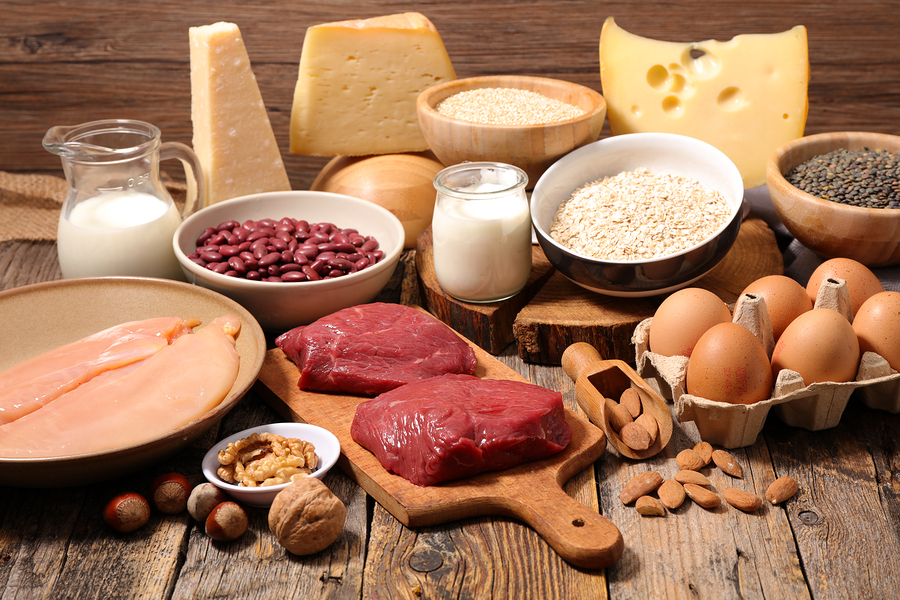 Protein plays a crucial role in weight loss and muscle maintenance. However, obtaining sufficient protein on a vegan diet plan for weight loss can be challenging.
Protein plays a crucial role in weight loss and muscle maintenance. However, obtaining sufficient protein on a vegan diet plan for weight loss can be challenging.
Plant-based protein sources often have incomplete amino acid profiles, meaning they lack one or more essential amino acids.
Additionally, compared to animal-based sources, plant-based proteins generally have lower protein content.
To optimize protein intake on a vegan diet plan for weight loss, it is essential to combine complementary plant-based protein sources.
For example, combining legumes with whole grains or nuts and seeds can create a complete protein profile.
Incorporating vegan protein powders and supplements, such as pea protein or hemp protein, can also be beneficial in meeting protein needs.
Eye-Opening Reason 3: Potential Imbalance in Macronutrients
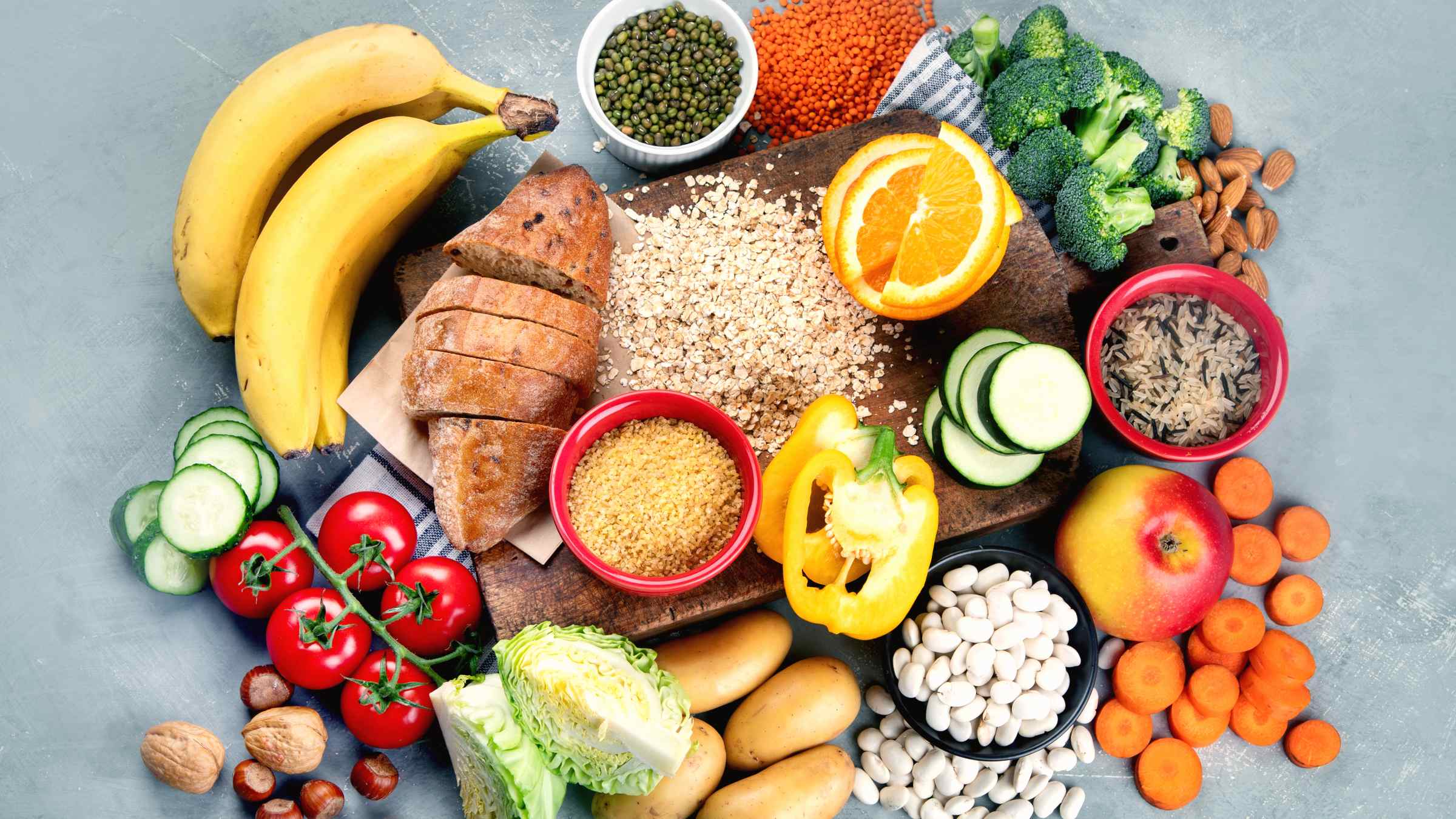 Balancing macronutrients, including carbohydrates, fats, and proteins, is crucial for a healthy diet and effective weight loss.
Balancing macronutrients, including carbohydrates, fats, and proteins, is crucial for a healthy diet and effective weight loss.
However, there is a potential for macronutrient imbalance on a vegan diet plan.
Carbohydrates, which are abundant in plant-based foods, can be overconsumed, leading to an imbalance and hindering weight loss progress.
It is important to identify healthy fats from plant sources and incorporate them into the diet to maintain a balanced macronutrient profile.
Sources of healthy fats on a vegan diet include avocados, nuts, seeds, and plant oils.
Creating a well-rounded macronutrient profile on a vegan diet requires careful meal planning and monitoring to ensure the right balance of carbohydrates, fats, and proteins.
Eye-Opening Reason 4: Processed and Vegan Junk Foods
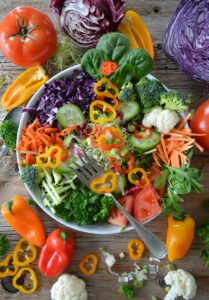 The popularity of the vegan diet has led to an increase in processed vegan foods available in the market.
The popularity of the vegan diet has led to an increase in processed vegan foods available in the market.
While these foods may align with vegan principles, they often contain added sugars, unhealthy fats, and artificial additives.
Consuming processed vegan foods can undermine weight loss efforts, as they are often high in calories and low in essential nutrients.
To mitigate this issue, it is crucial to choose whole and minimally processed vegan foods.
Opting for homemade meals and snacks using fresh ingredients can help maintain a healthy and nutritious vegan diet plan.
Incorporating a variety of fruits, vegetables, whole grains, and legumes is key to obtaining a wide range of nutrients while avoiding excessive calories and artificial additives.
Eye-Opening Reason 5: Potential Overeating of High-Calorie Plant-Based Foods
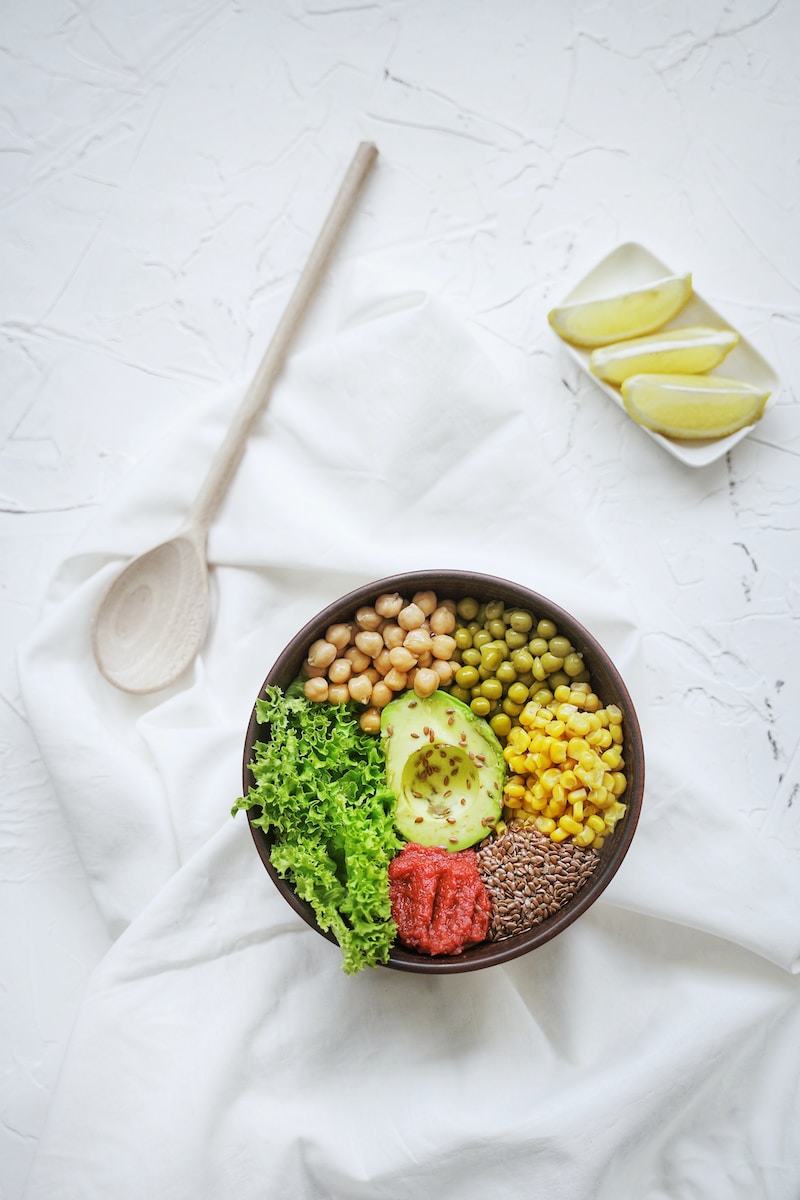 While plant-based foods are generally nutritious, certain plant-based foods can be calorie-dense.
While plant-based foods are generally nutritious, certain plant-based foods can be calorie-dense.
Nuts, seeds, avocados, and oils, although healthy, can contribute to excess calorie intake if consumed in large quantities.
Understanding the concept of energy density is crucial for weight loss. It is important to practice portion control and mindful eating when following a vegan diet plan for weight loss.
Being mindful of the calorie density of certain plant-based foods can prevent unintentional overeating and support weight loss goals.
Incorporating a variety of low-calorie plant-based foods, such as leafy greens, non-starchy vegetables, and fruits, can help create a more balanced and calorie-conscious diet.
Conclusion
While the vegan diet plan for weight loss has gained popularity, it is important to recognize its limitations and potential shortcomings.
Nutritional deficiencies, challenges in obtaining adequate protein, macronutrient imbalances, processed vegan foods, and potential overeating of high-calorie plant-based foods are key factors to consider.
It is essential to prioritize balanced nutrition, proper meal planning, and informed choices when following a vegan diet plan for weight loss.
Individual variations exist, and some individuals may find success on a vegan diet.
However, it is recommended to seek professional guidance and support to ensure optimal health and weight loss outcomes on a vegan weight loss journey.
Remember, balance and knowledge are key to unlocking the potential of any diet plan, including the vegan diet plan for weight loss.
Are you intrigued by the potential of the vegan diet plan for weight loss, yet concerned about its limitations?
As you've just discovered, while this plant-based approach offers numerous health benefits, there are critical factors to consider.
From nutritional deficiencies and protein challenges to macronutrient imbalances and the temptation of processed vegan foods, it's vital to navigate this dietary path with care.
But fear not, because we have the perfect solution for you!
Download our still FREE report today, and you'll uncover The Exact Method to Unlock Your Metabolism for All-Natural Weight Loss.
With this method, you can shed 1-3 pounds per week automatically, no diet or exercise required!
Don't miss this opportunity to achieve your weight loss goals while staying healthy on a vegan diet.
Click the link below to get started on your journey to a slimmer, healthier you.
[Source]Free Report
Discover the secret to losing weight effortlessly without dieting or exercising by scheduling your free Weight Loss Clarity Call.
Be inspired by these thought-provoking related blog posts
-
Calorie Restriction Diets: Unveiling the Unsustainable Truth
Are you tired of constantly dieting and restricting calories, yet still not achieving your desired…
-
Vegan Weight Loss: Pros and Cons of Plant-Based Diets for Results
Plant-based diets have gained immense popularity in recent years, particularly for individuals seeking effective weight…
-
Personalized Weight Loss Plan: Breaking Free for Success
In today's society, weight loss has become a hot topic, with countless gurus offering their…















